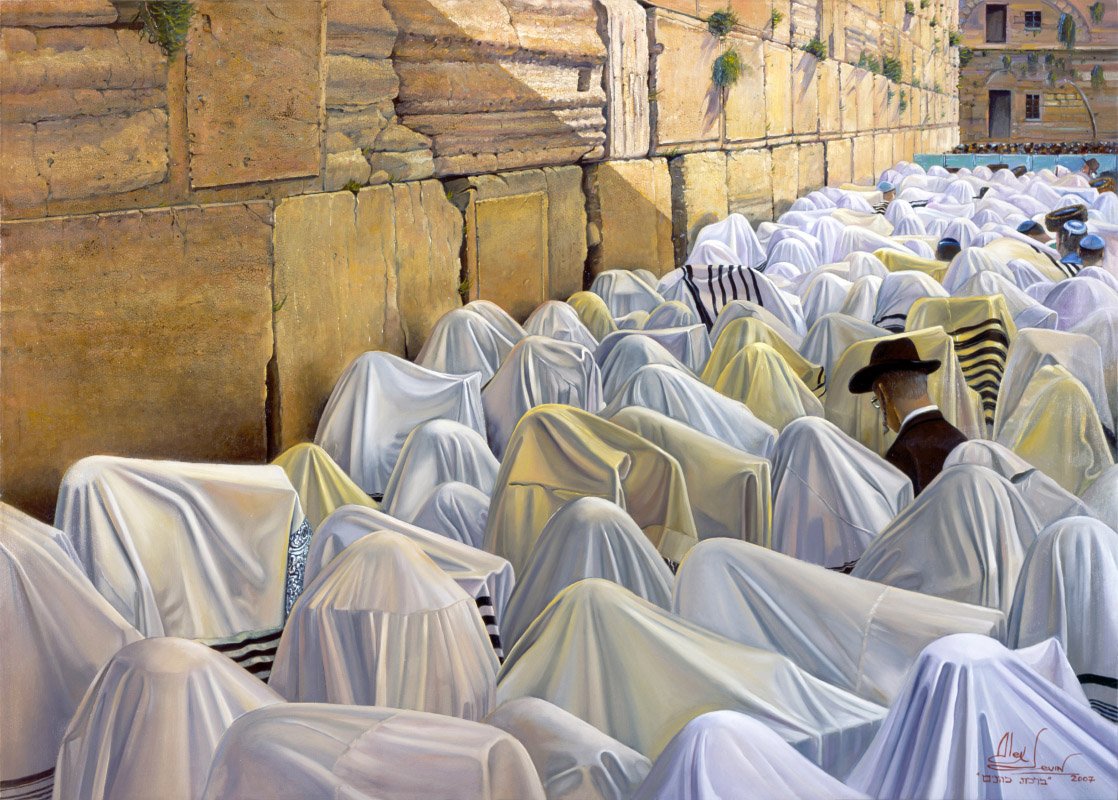Birkat Kohanim— that thing that happens in Chutzla Aretz a couple times a year, and every day in Israel. In Chutzla Aretz, it’s seen as very special, and the niggun the kohanim sing add to the drama. In Israel, it’s that part where you have no idea what’s happening shabbos morning in shul.
But, what is it? At first glance it seems really random. The verses don’t really seem to go together. But if you look at it closer, you can see that it actually applies to every aspect of life.
The Hebrew root bet-resh-khaf, translated as “bless,” alludes to increase. Thus, Rashi explains, “May the Lord bless you” means “may God increase your possessions.” As Rashi points out, it is no blessing if God increases your possessions but robbers take them away. So the blessing of increased possessions is followed by “and [may the Lord] protect you” from loss of your possessions. Possessions are the tools we can use to make the world a better place. To change the world forever and to be “Or l’goyim”
The second verse of Birkat Kohanim begins “May the Lord make His face shine light toward you”. Rashi explains this metaphor as follows: “May G-d show you a smiling face, a yellow face.” Who knew Rashi would predict emojis? This verse is spiritual, asking hashem to judge favorably and for one to create a personal connection with Him. To me, I interpret this part as asking hashem for happiness–real happiness. Satisfaction and meaning in life. It concludes with “viḥunneka” which can mean “may the Lord grant that you find favor in the eyes of others” it asks for mutual respect in relationships and Rabbi Akiva’s favorite “viahavta leraiacha kamocha”
Finally, The third verse of Birkat Kohanim begins “May the Lord lift His face toward you.” This metaphor is based on the behavior of a person who was so furious that he could not look directly at the object of his anger. After his anger subsided, he was able to lift his face again, and look at the other person directly. Human nature dictates that the closer you are with a person, the easier it is to get mad at them. Be it friend, parents, siblings, etc.. you’d never feel real and true anger towards a total stranger. We constantly daven for a deeper and stronger connection to hashem. Isn’t that why we all came here this year? Birkat Kohanim acknowledges the risks that come with closeness–the potential for anger. It wishes that although we, as humans, will inevitably anger God in some way, nevertheless, may God understand, accept, forgive, and suppress any anger we may arouse.
I give you all a bracha to internalize and appreciate Birkat Kohanim a little more, and to think about this next time you hear it. To appreciate your relationship with hashem, but to also acknowledge the human aspect.

